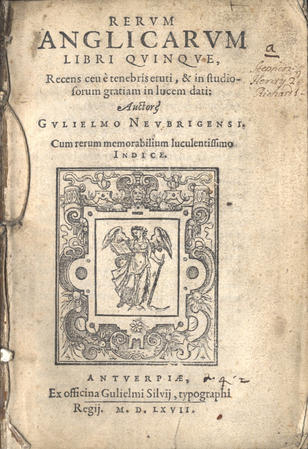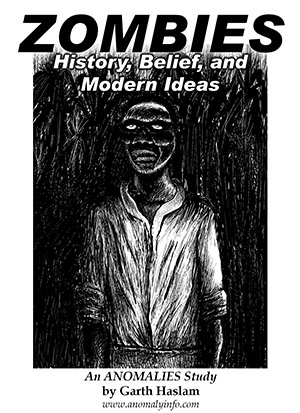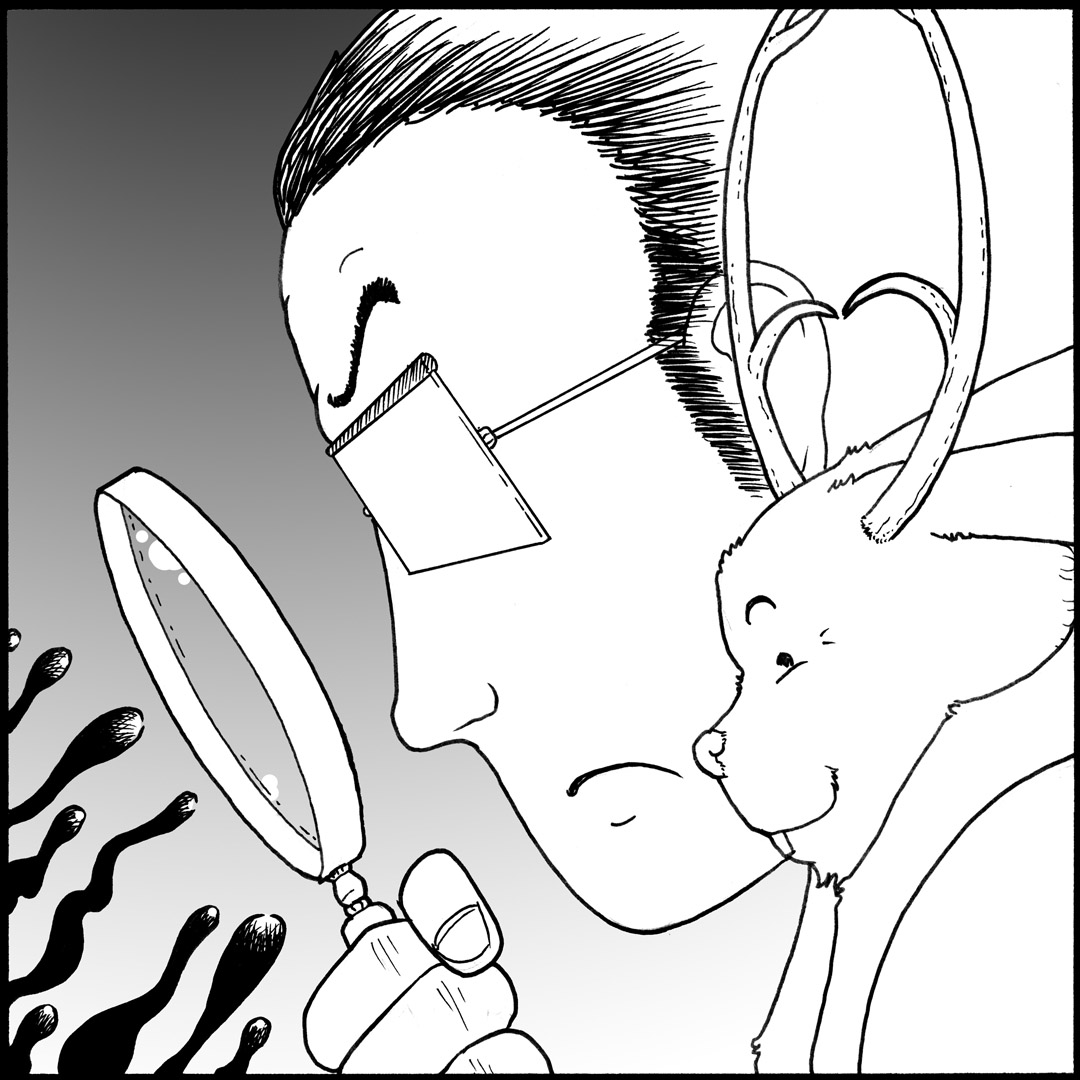1196 (ca.): The Berwick Corpse
One of the earliest collections of English history was written in the 10th Century by William of Newburgh [ca. 1136-1198], and it covers the known history of England from around 1066 to William's death in 1198. The history was compiled from older history texts that William felt were reliable, and from verbal accounts of knowledgeable people in relation to more recent historic topics.

Title page of Historia Rerum Anglicarum [Larger version here]
Overall, William tried to give as accurate an accounting of the events he covered as he could... which is why the few places he choose to go off the topic of history in his texts are so intriguing. For example, in William's fifth volume of his Historia Rerum Anglicarum, he took time out to note the somewhat unusual matter of dead people rising from their graves at the time of his writing the text!
He didn't know how or why these matters were happening, but he had heard enough reports from channels and people he trusted that, for him, established it was in fact happening. William was intrigued not only by the reports, but also from the lack of such reports in the historic documents he had been consulting... so he concluded this was a new problem, not a repeating one. William gives details of four separate events, one of the which follows.
The Berwick Corpse
In Berwick, Scotland, a wealthy man had died and been buried; but it was soon revealed that he must have been a rogue in life, for each night he rose from his grave to wander about, pursued by a pack of howling dogs, and returned to his tomb each day. The people of the area were frightened that the monster would beat them if they met him and, strangely, it was said that the walking dead man had told some of his victims that they would know no peace until his corpse was burned. This news apparently wasn't acted on immediately, as the attacks continued for several days until the higher and middle class people of the town got together and decided on a course of action. They hired ten bold young men who were tasked with digging up the corpse, chopping it limb from limb, and then burning it until destroyed... after which, the dead man stopped appearing at night.
Ironically, one of the reasons action was finally taken was due to a fear that the rotting corpse would eventually start causing people to become ill and die from a pollution of the air; but after the corpse was destroyed, a larger national plague swept through the area, killing many... though some insisted it effected the city of Berwick more so than anywhere else.
The Dating of the Event
Though a direct date is not given by William of Newburgh for any of these strange events, he does say they were 'recent' to the time of his writing... and many historians believe this section of the histories was written around 1196, as this is when other events William discusses in this part of his history took place.
Anomalies -- the Strange & Unexplained, as well as my other website -- Monsters Here & There -- are supported by patrons, people like you! All new Anomalies articles are now posted for my patrons only, along with exclusive content made just for them. You can become a patron for just $1 a month!
|








